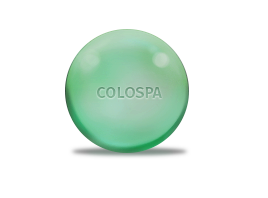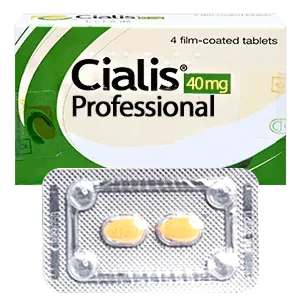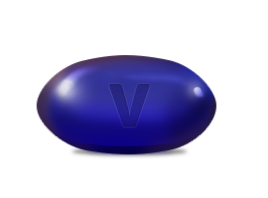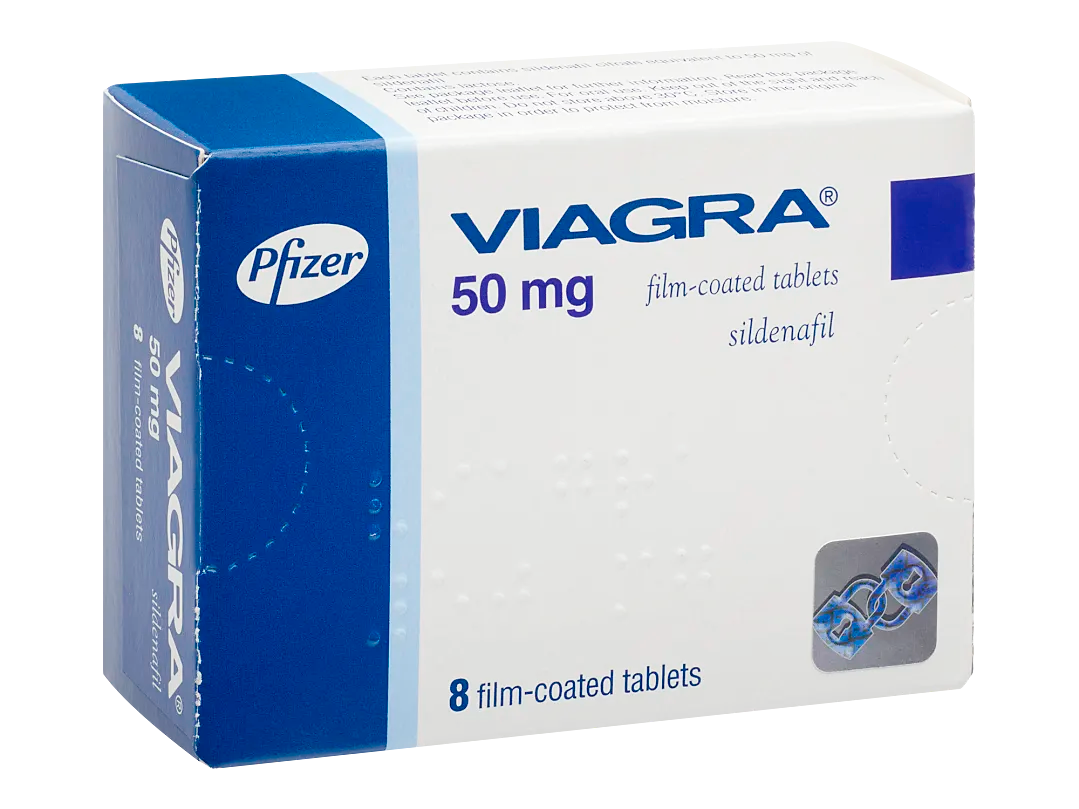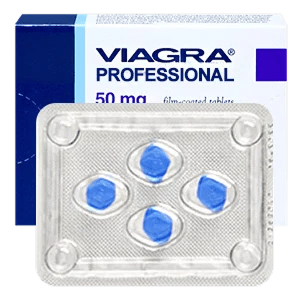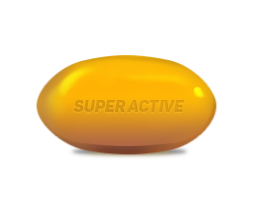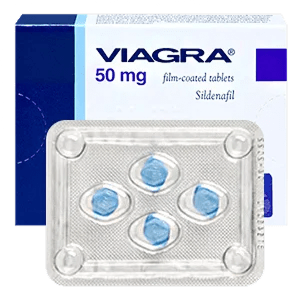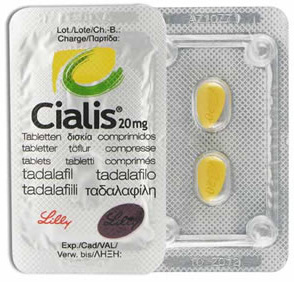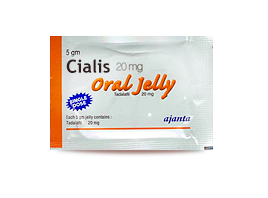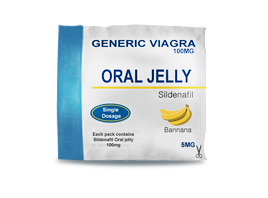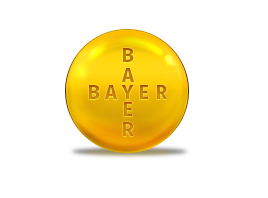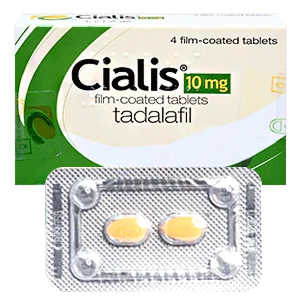Levaquin is used to treat infections of the lower respiratory tract, urinary tract, kidneys, skin, soft tissues, chronic bronchitis, acute sinusitis, chronic bacterial prostatitis and tuberculosis. The drug is a fluoroquinolone, a broad-spectrum antimicrobial bactericide. It blocks DNA gyrase and topoisomerase IV, disrupts supercoiling and cross-linking of DNA gaps, suppresses DNA synthesis, causes profound morphological changes in the cytoplasm, cell wall and bacterial membranes.
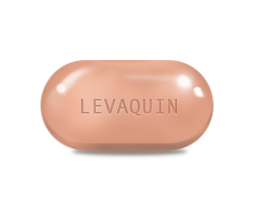
The antifungal agent which has activity against dermatophytes, yeasts, dimorphic fungi and eumycetes. It is also active against staphylococci and streptococci. The therapeutical indications of the drug include: mycoses of the gastrointestinal tract, eyes, genital organs, chronic recurrent vaginal candidiasis, dermatomycosis, onychomycosis, Candida, folliculitis, dermatophytosis, systemic fungal infections (blastomycosis, candidiasis, paracoccidioides, coccidioidomycosis, cryptococcosis, histoplasmosis, hromomikoz, sporotrichosis, paronychia, fungal sepsis, fungal pneumonia); leishmaniasis; tinea versicolor, prevention of fungal infections in patients with a high risk of their development. The mechanism of action is inhibition of fungal membrane ergosterol synthesis and the violation of the cell wall permeability.
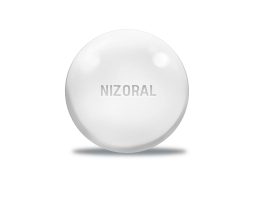
Antiepileptic agent. The use of Lamictal reduces the pathological activity of neurons without inhibiting their function. Stabilizes the neuronal membranes by affecting Na + channels, blocks excessive release of excitatory amino acids (mainly glutamate), without reducing its normal release.
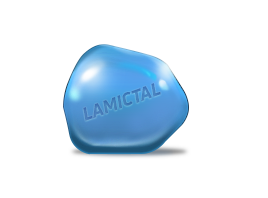
Dilantin - antiepileptic drug without the expressed somnolent effect; it has membrane stabilizing, antiarrhytmic and hypotensive effect. It is taken if it is diagnosed activated epilepsy, supraventricular and ventricular disturbances of a heart rhythm caused by intoxication cardiac glycosides.
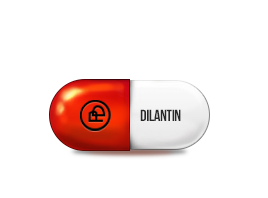
Blocks the final stage of HCl secretion, reducing basal and stimulated secretion, regardless of the nature of the stimulus. Prescribed for gastric ulcer and duodenal ulcer in acute phase, erosive-ulcerative esophagitis, reflux esophagitis, Zollinger-Ellison syndrome, stress ulcers of the gastrointestinal tract; eradication of Helicobacter pylori within a combination therapy, non-ulcer dyspepsia.
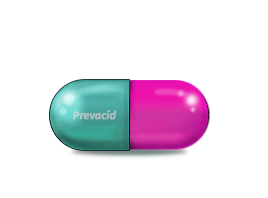
Colospa - myotropic spasmolytic with selective effect on unstriated muscles of digestive tract. Eliminates a spasm, without influencing a normal peristaltics of intestines. Unlike cholinolytic medicine, Colospa does not affect at muscarinic receptor and does not cause characteristic of antispasmodics with muscarinic receptor action of side effects (feeling of dryness in a mouth, vision disorders, an urination delay) that allows for patients to take it at prostatauxe or glaucoma. Taking of Colospa is not followed by development of reflex hypotonia of intestines.
